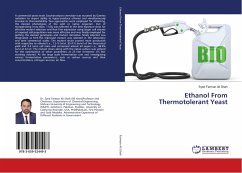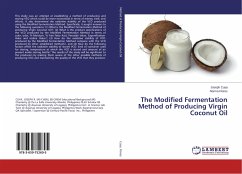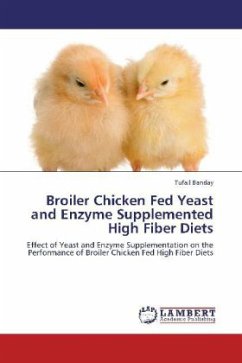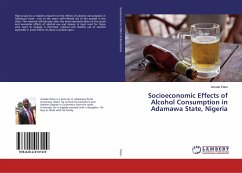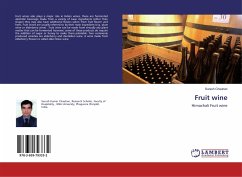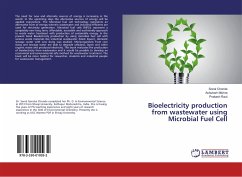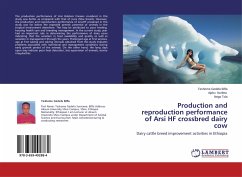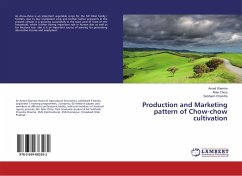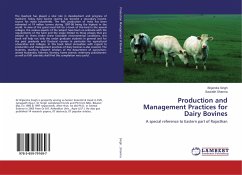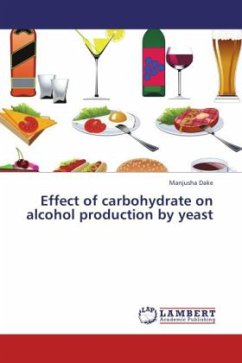
Effect of carbohydrate on alcohol production by yeast
Versandkostenfrei!
Versandfertig in 6-10 Tagen
32,99 €
inkl. MwSt.

PAYBACK Punkte
16 °P sammeln!
Decrease in ethanol production in the presence of high concentration of nitrogenous sources indicates that the amount of sugar utilized by yeast cells is diverted towards the production and storage of carbohydrate in the form of glycogen rather than ethanol production. Higher concentration of sugars in case of sugarcane juice media causes metabolic repression of yeast which results reduced yield of ethanol. Variation in ethanol content shown by yeast cells as a result of variable sugars used as a carbon source is due to their different pattern of metabolism. It is observed that utilization of ...
Decrease in ethanol production in the presence of high concentration of nitrogenous sources indicates that the amount of sugar utilized by yeast cells is diverted towards the production and storage of carbohydrate in the form of glycogen rather than ethanol production. Higher concentration of sugars in case of sugarcane juice media causes metabolic repression of yeast which results reduced yield of ethanol. Variation in ethanol content shown by yeast cells as a result of variable sugars used as a carbon source is due to their different pattern of metabolism. It is observed that utilization of higher amount of sugars by yeast cells during fermentation corresponds to increase in protein utilization and elevation in ethanol yield. Addition of antioxidants also enhances sugar and protein utilization & subsequent ethanol yield. Presence of biotin decreases ethanol yield.



